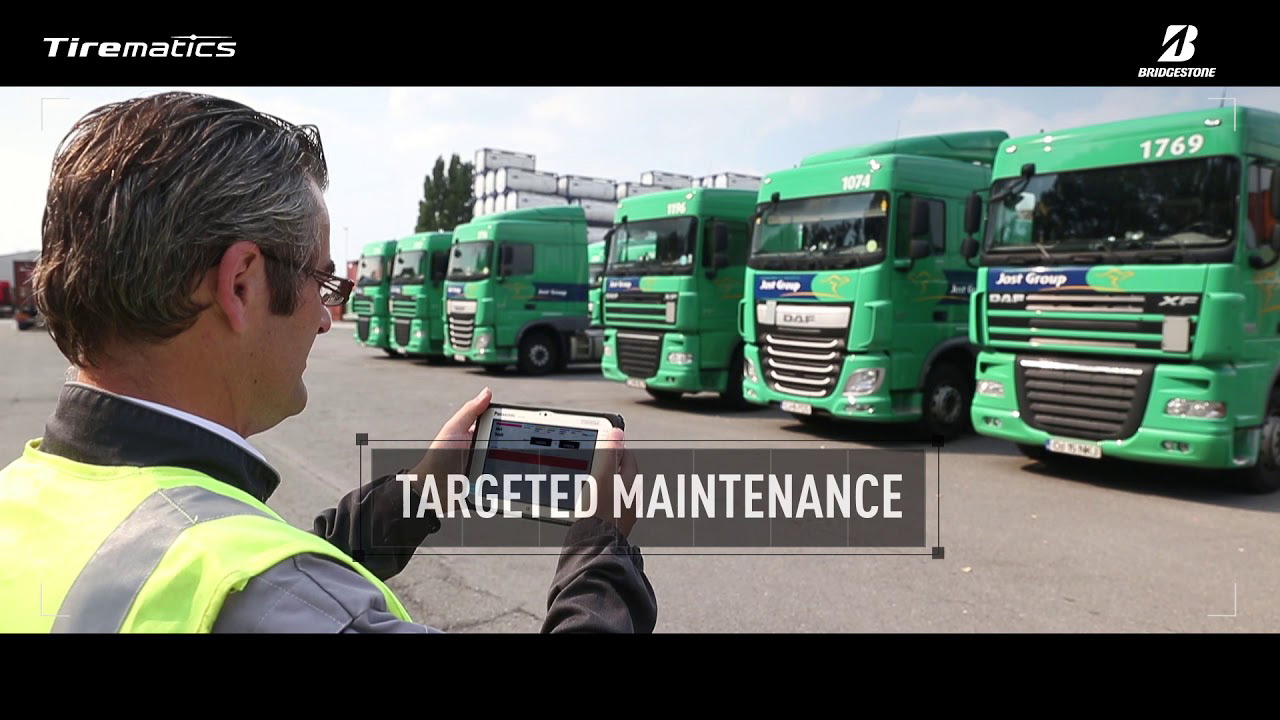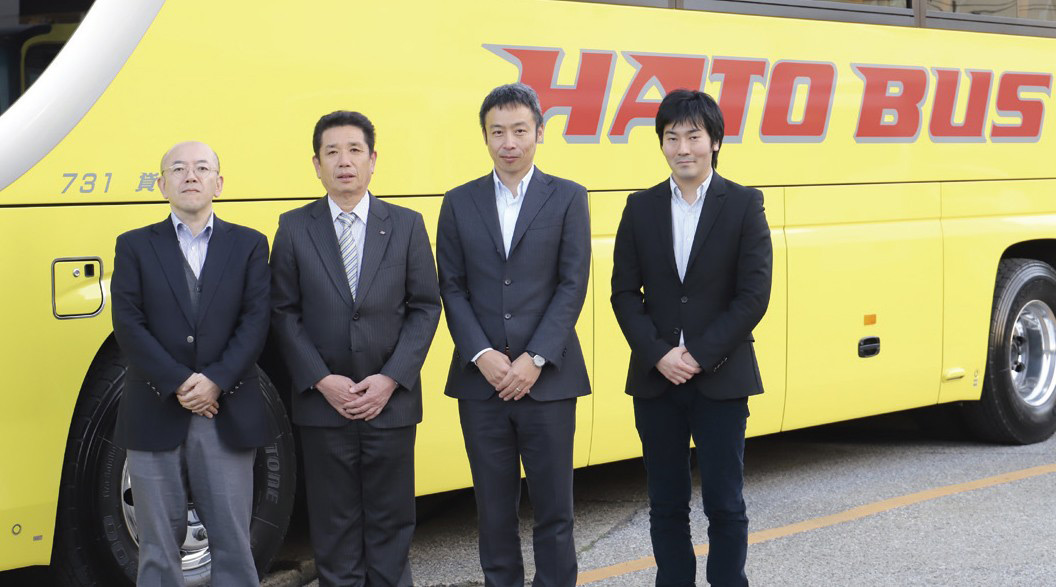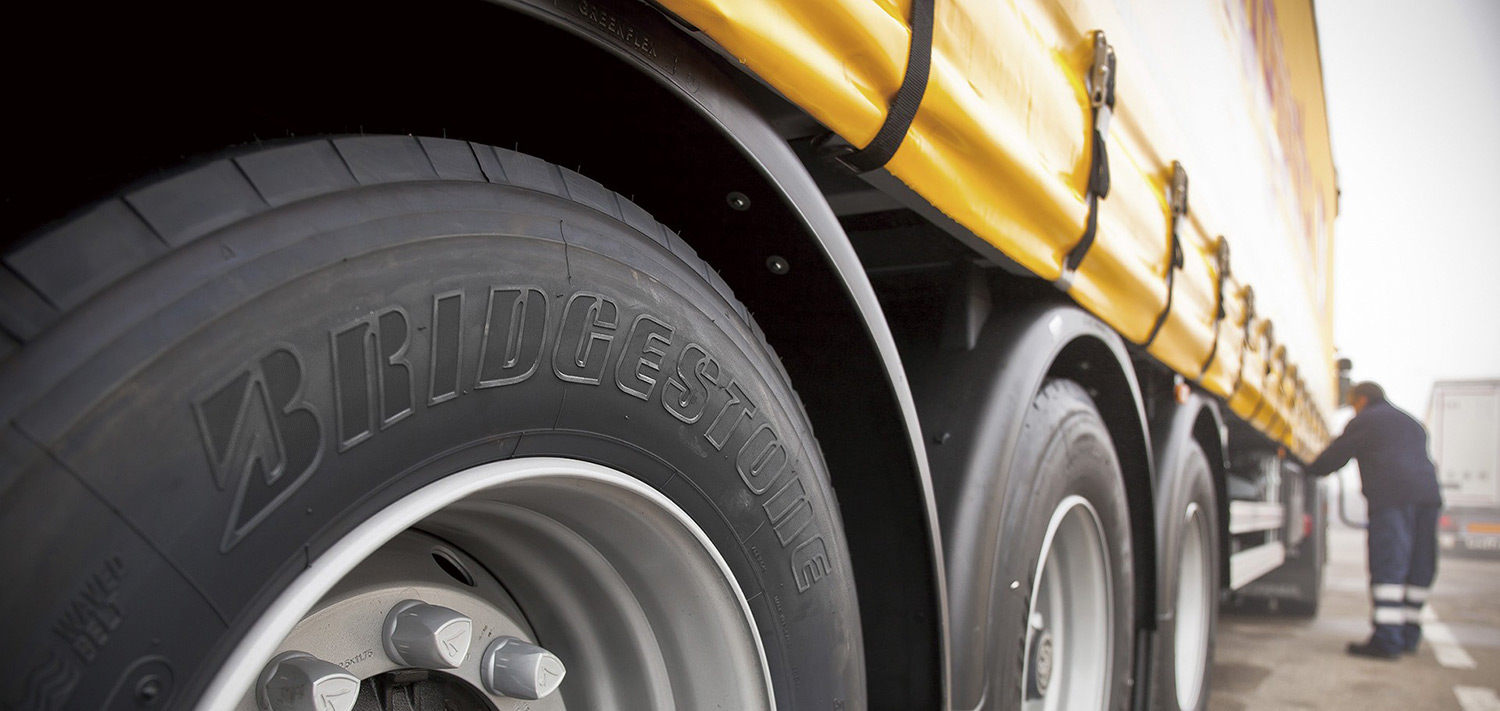Energy
Why it is Vital to Optimise Energy Use
Hot button issues such as increasing carbon emissions require innovative solutions to mitigate global warming potential. Fuel consumption is optimised and carbon emissions reduced when tires are in optimal condition. When large fleets of vehicles take this route, carbon footprint can be significantly lessened.
Predictive Monitoring Enhances Tire Life
Through digitalised gateway sensors, fleet operators can check tires for optimal pressureand temperature every time they come back to the garage. When tires are optimally inflated, they reduce fuel consumption.
The predictive monitoring from Tirematics also ensures that any tire anomaly are quickly detected and rectified. Such systematic monitoring prolongs tire life and can significantly reduce our carbon footprint.
Increasing Tire Retreading Potential
With regular automated maintenance, tires can be monitored to project when they are ready for retreading – a process that gives it a prolonged life. Retreading delays the switchover to a new tire, which consumes more energy and resources to produce.

Efficiency
The Drive to Raise Efficiency
For fleet businesses, maximising productivity by ensuring operational efficiency and safety of their fleet drivers is critical to contain overhead costs. Creating more uptime to keep the vehicles on the road and lessening downtime caused by breakdowns, accidents, and difficult road conditions are key issues surrounding productive and efficient fleet management.
Reducing Manual Inspection Workloads for Quicker Response
Traditional tire inspections are labour-intensive, immobilise vehicles, and have no empirical evidence of inspection. With Tirematics, tire sensors transmit pressure data to Tirematics cloud when they pass through the gate system. Users can receive alerts via email or sms seamlessly on any device. Such a process removes labour-intensive inspections out of the equation.
Minimising Downtime for Fleets
With Tirematics’ advanced measurement proactive system, all issues are addressed before the vehicles leave the depot. Fleet managers and engineers keep maintenance operations running at an optimal level, with minimal downtime loss because of tire mishaps or accidents.

Ease
The Necessity of Delivering Ease
Driving long distances is challenging, and peace of mind is the ultimate goal for all fleet operators and drivers. As a fleet operator, it is reassuring that your driver’s journey is an efficient one – one that minimises vehicle downtime, while putting safety as a top priority.
Quicker Identification of Potential issues
As Tirematics is able to pinpoint precisely which tires are having issues, engineers can confidently rely on the alert, and carry out corrective maintenance on specific tires.
Navigating the Roads Confidently
Even to the seasoned driver, driving has its fair share of obstacles. Removing one such obstacle of tire-related problems – blowouts or punctures that can have serious consequences – can soothe many a driver’s worries. For the fleet manager too, a source of stress is removed, so that they can focus on their core business.

Economy
The Goal of Achieving Economy
Whether operating a single vehicle or a huge fleet, cost-efficiency is important to optimise business profitability. Simply put, when a tire’s pressure and temperature are monitored regularly, its lifespan is extended. Also, Tirematics helps to reduce the workload and diagnostic time traditionally associated with manual tire inspections. This has the knock-on effect of reducing wasted man-hours and vehicle downtime. All this has serious impact on cost benefits for drivers.
Maximising the Economic Value of Tires
To use tires cost-efficiently – and to prolong their lifespan – is ideal for businesses. Retreading is one such way to achieve this. Through regular tire monitoring with Tirematics – and sending tires to retread when they reach the optimal tread depth – we are able to maximise the retread tire life, thereby optimising economic value of all tires.
Long Term Savings through Data Analysis
With easy and increased access to data on our tires, Bridgestone will be able to use the data collected as a basis for research and development to optimise development of subsequent models, to enable better quality tires at optimal cost.

Extension
The Need for Continuous Extension
With technology transforming societies – and a complex mobility eco-system of electrification, autonomous driving, and ride-sharing emerging – it is imperative that Bridgestone embrace the new changes to stay ahead of the technology curve. We must continuously innovate and evolve beyond the world of traditional tires and rubber, more into value-based solutions and services to deliver non-stop mobility, and add more value to our customers.
An Ongoing Quest for Better Tyre Maintenance
Bridgestone’s Tirematics sees their advent into tire diagnostics as a starting point, not a destination. Already, there is integration with Webfleet Solutions for better end-to-end fleet management experience. We are also integrating with Toolbox – a proprietary dashboad that incorporates Tirematics generated data for user's ease of view, and looking into subscription platforms.
The Inherent Power of Data
While other companies are beginning to see the value of vehicle diagnostics, many are still steeped in addressing mechanical faults, rather than data compilation on cloud, and data projection. Tirematics is capitalising on its data complication eco-system to create higher uptime while reinventing itself in a new world.
